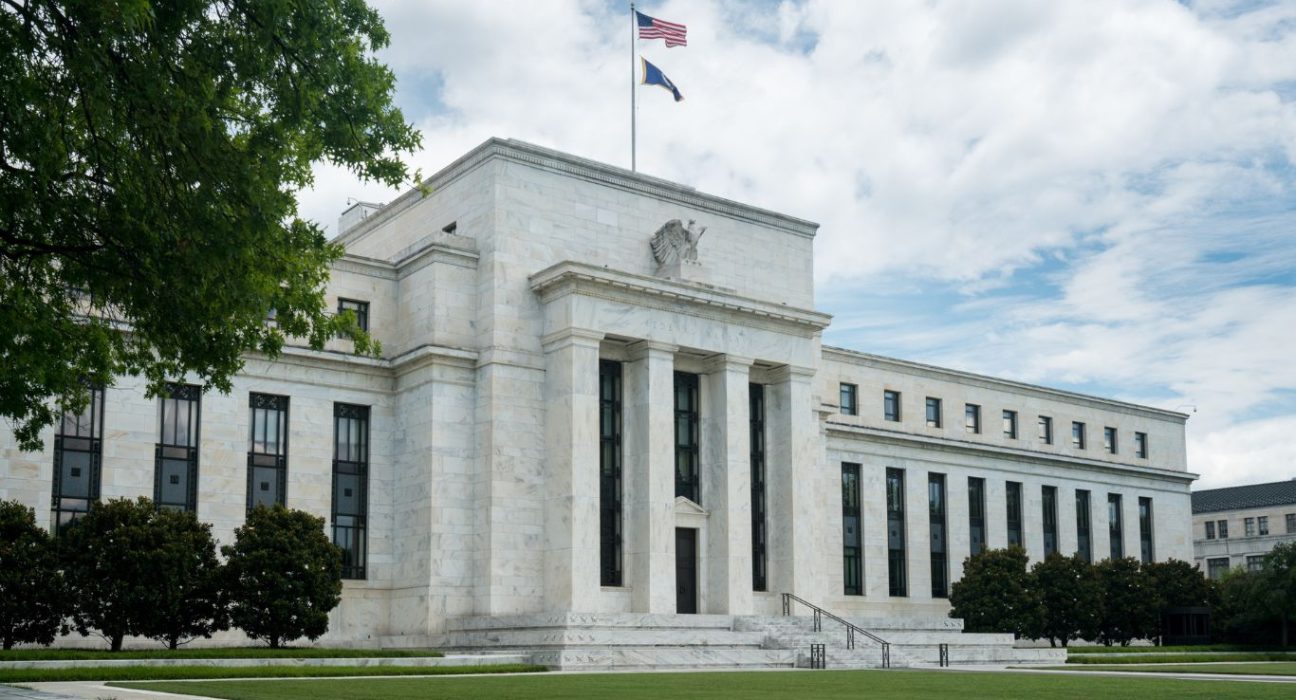Amid the ongoing banking crisis, the US Federal Reserve’s balance sheet has surged by $94.5 billion, a $297 billion increase from the last week. Read on to learn more about the reasons behind this increase and its implications.
The US Federal Reserve’s Balance Sheet Surges Amid Banking Crisis
The ongoing banking crisis has had a significant impact on the US economy, and the Federal Reserve has been taking several measures to stabilize the financial system. One of these measures has been a surge in the Federal Reserve’s balance sheet, which has increased by $94.5 billion as of March 22.
This increase marks a $297 billion surge from the last week, highlighting the Federal Reserve’s efforts to address the financial turmoil caused by the COVID-19 pandemic. The surge is largely due to the Federal Reserve’s purchase of Treasury bonds and mortgage-backed securities in order to provide liquidity to the market.
The Reasons Behind the Surge
The surge in the Federal Reserve’s balance sheet can be attributed to several factors, including the ongoing banking crisis and the Federal Reserve’s response to it. One of the main reasons for the surge is the purchase of Treasury bonds and mortgage-backed securities, which are designed to increase the availability of credit in the market.
The Federal Reserve has also taken other measures to address the banking crisis, such as lowering interest rates and providing emergency loans to banks. These measures are aimed at stabilizing the financial system and preventing a full-blown economic recession.
Another factor contributing to the surge in the Federal Reserve’s balance sheet is the decline in demand for US Treasuries from foreign investors. This has led the Federal Reserve to step in and purchase more bonds, in order to maintain market stability and ensure that the US government can continue to borrow money.
Implications of the Surge
The surge in the Federal Reserve’s balance sheet has several implications for the US economy and the financial system. One of the main implications is that it provides liquidity to the market, allowing banks to lend more money and support economic growth.
The surge in the balance sheet can also lead to inflation, as the increase in the money supply may cause prices to rise. However, the Federal Reserve has stated that it will monitor inflation closely and take appropriate measures to control it.
Moreover, the surge in the balance sheet could also have implications for the US dollar and international trade. If the dollar weakens as a result of the Federal Reserve’s actions, it could make US exports more attractive and improve the country’s trade balance.
Conclusion
The surge in the Federal Reserve’s balance sheet highlights the ongoing efforts to address the banking crisis and stabilize the US economy. While the increase may lead to inflation and other potential consequences, it is a necessary step to ensure market stability and prevent a full-blown recession.
As the world continues to grapple with the COVID-19 pandemic and its economic fallout, the role of the Federal Reserve and other central banks will remain crucial in supporting the financial system and promoting economic growth.










